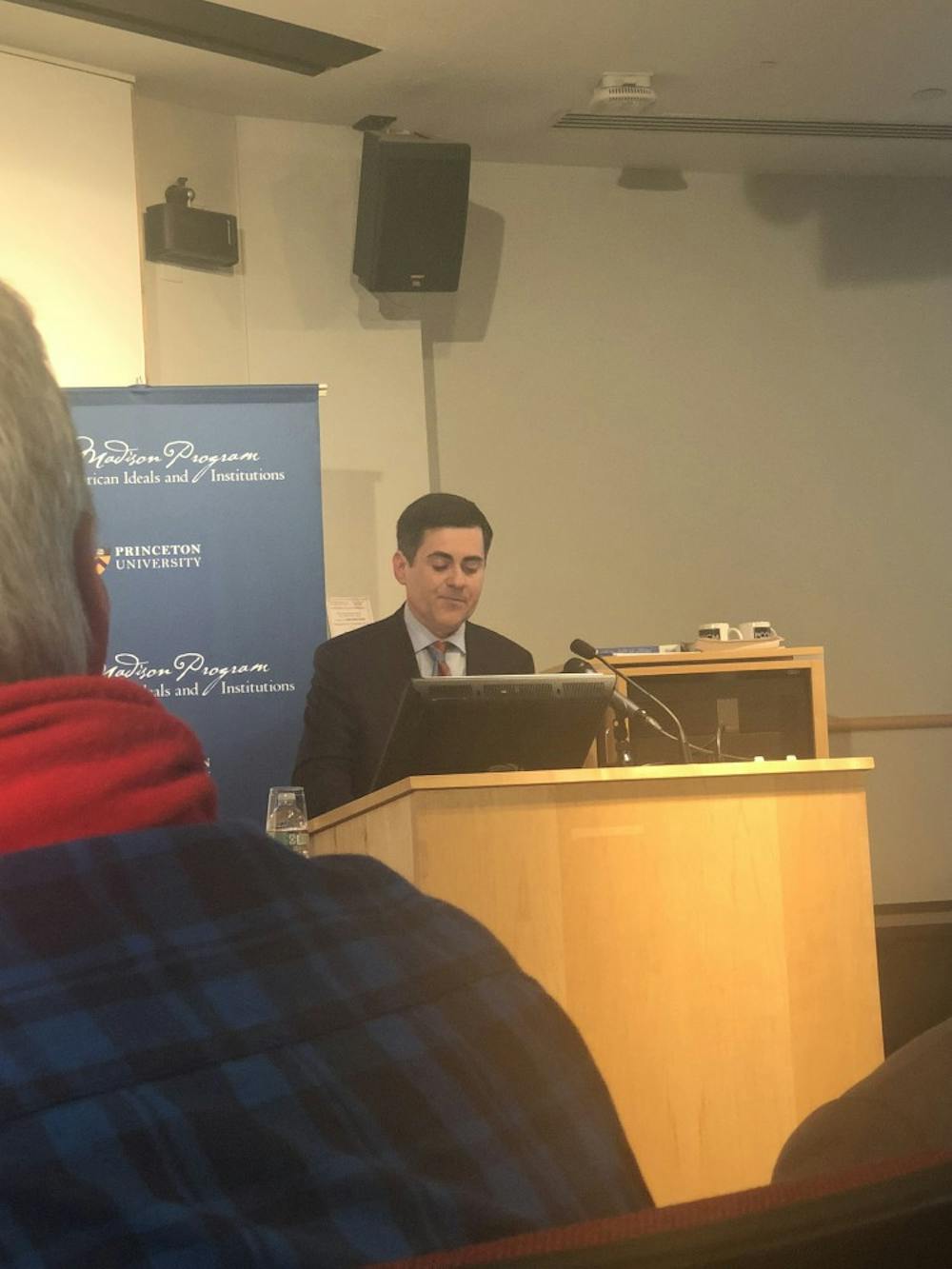On Tuesday, April 17, the prominent Southern Baptist Rev. Russell Moore lectured on the realities and perversions of evangelicalism in the modern United States.
“Why would a secularized North American culture care about how a clergyman would restructure their family life?” asked Moore. “Why would such a culture listen to a minister about how to succeed in life and business?”
Moore is currently the eighth president of the Ethics and Religious Liberty Commission of the Southern Baptist Convention. He has also served as Dean of The Southern Baptist Theological Seminary and has written numerous books.
“God does not need the evangelical movement; the evangelical movement desperately needs God,” Moore said.
Moore explained that there is conflation between the evangelical church and politics in modern America.
“So often in 2018 America, evangelicalism is associated more with Iowa caucuses than the good news of Jesus Christ,” Moore said.
He defined evangelicalism as “the link of renewal and revival movements which unite historic, conventional orthodoxy with the necessity of personal conversion and evangelism.”
Additionally, Moore said he believes that any true evangelical movement must be focused upon the Cross.
“An emphasis on the Cross is one of the hardest thing to maintain in any Christian group, and that includes American evangelicalism,” Moore said.
Many modern movements, he claimed, have strayed away from the values of the Cross, becoming “market focused.” They get involved in issues and preach on topics that people want to hear about, choosing to ignore other sins or issues in society that are less popular. In some instances, this kind of “market-driven” Christianity becomes something other than Christianity altogether, according to Moore.
Moore argued that focusing on the Cross would change this.
“The Cross means that the Gospel can thrive on the margins, because that is where it started,” Moore said. “The church would stand apart from what David Brooks calls the Arena Culture,” the collective experiences of being spiritually moved.

He called for a pluralistic evangelical society, advocating for a government that does not “adjudicate” on religious differences, but instead gives people the freedom to debate with one another.
“Those of us who are evangelicals should work for reform. For a multiethnic, theologically robust evangelicalism that can pass the torch to a new general with the message that we first heard down with the Cross.”
The lecture took place on April 17 at 4:30 p.m. It was co-sponsored by The Witherspoon Institute and The James Madison Program in American Ideals and Institutions.








